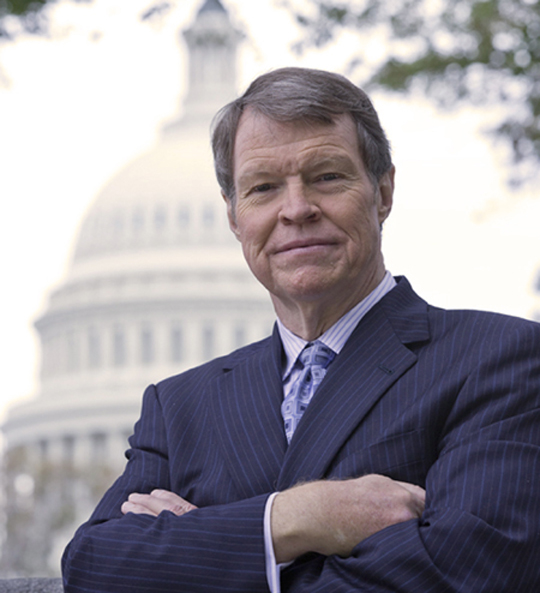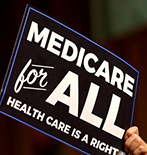
Merrill Matthews, Ph.D., is a resident scholar with the Institute for Policy Innovation, a research-based, public policy “think tank.” He is a health policy expert and opinion contributor at The Hill. He also serves on the Texas Advisory Committee of the U.S. Commission on Civil Rights.
Dr. Matthews is a past president of the Health Economics Roundtable for the National Association for Business Economics, the largest trade association of business economists. Dr. Matthews also served for 10 years as the medical ethicist for the University of Texas Southwestern Medical Center’s Institutional Review Board for Human Experimentation, co-author of On the Edge: America Faces the Entitlements Cliff, and has contributed chapters to several books, including Physician Assisted Suicide: Expanding the Debate and The 21st Century Health Care Leader and Stop Paying the Crooks (on Medicare fraud).
He has been published in numerous journals and newspapers, including The Wall Street Journal, Investor’s Business Daily, Barron’s, USA Today, Forbes magazine and the Washington Times. He was an award-winning political analyst for the USA Radio Network.
Dr. Matthews received his Ph.D. in Humanities from the University of Texas at Dallas.
As Budget Deficit Balloons, Congress Must Address Exploding Entitlement Costs
This week’s Treasury Department numbers show that the budget deficit has skyrocketed 77 percent, in part because of increased Social Security spending and interest payments on the national debt. A new book says Congress must address the cost of the nation’s exploding entitlements and walk America back from the fiscal cliff.
Yet Another Bogus Claim: Medicare for All Boosts Economic Growth
Medicare for All proponents say government-run health care would boost U.S. economic growth, but all of the developed economies that have similar health care systems lag way behind U.S. GDP.
Dems Envision Two Years to Drop Blue Cross for Uncle Sam
More than 100 House Democrats have introduced a Medicare for All plan that not only hands over health care to the federal government but transitions from private insurance into this government-run system in just two years.
The New York Times on Drugs
The left wants to hammer drug companies about the price of prescription drugs, and while a small portion of prescription drug prices are expensive, there is a reason for that.
A Quick Look at the Long History of the National Emergency Power
Many presidents have invoked a national emergency for many different reasons, but it has usually been left to the president to decide when such action was necessary.
Steel Tariffs Steal Your Gasoline Savings
President Trump’s pro-energy policies are on a collision course with his protectionist policies. Let’s hope, for the sake of the economy and energy independence, his energy policies prevail.
Obamacare Was Supposed to Lower the Death Rate--It Didn't
Democrats told us people were dying because they lacked health insurance and so we needed to pass Obamacare. Congress did and the death rate went up.
On the Edge: America Faces the Entitlements Cliff
A new book, “On the Edge: America Faces the Entitlements Cliff,” shows how the U.S. can move away from the crumbling patchwork of unsustainable government programs and easily address funding for healthcare, welfare, and retirement in a way that is financially sustainable long-term.
The 'Little Green Dream' Kills the 747 But Saves Earth
It's being described as progressive and ambitious, or laughable and silly, but the "Green New Deal" is definitely making headlines regardless of your views on fossil fuels, air travel, and cow flatulence.
Is the Green New Deal Even Feasible?
Rep. Alexandria Ocasio-Cortez (D-N.Y.) and Sen. Ed Markey (D-Mass.) have just released their Green New Deal resolution, which they hope will move America to 100% clean and renewable energy by 2030. Given current U.S. energy requirements and the state of renewable energy technology, it's an impossible goal.







